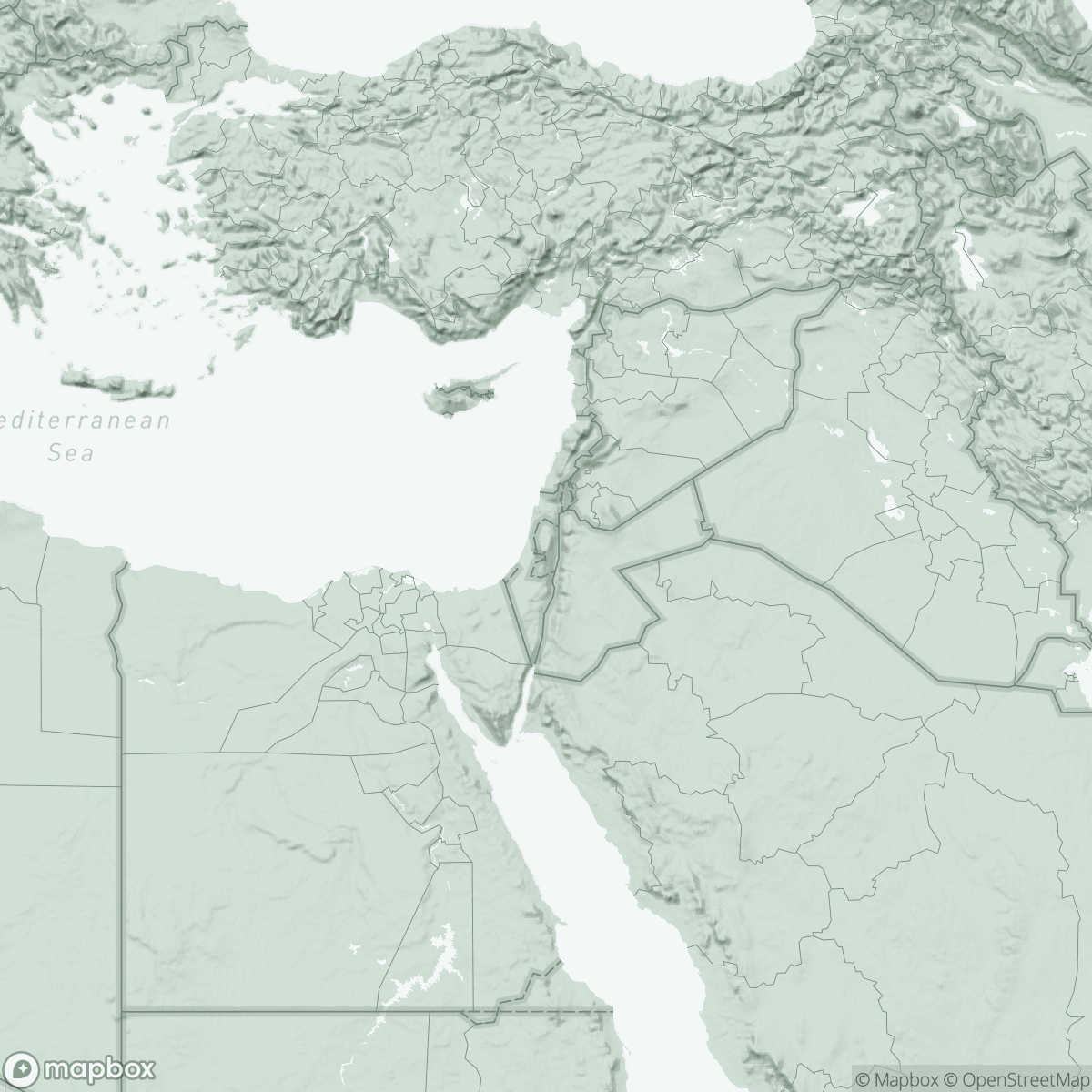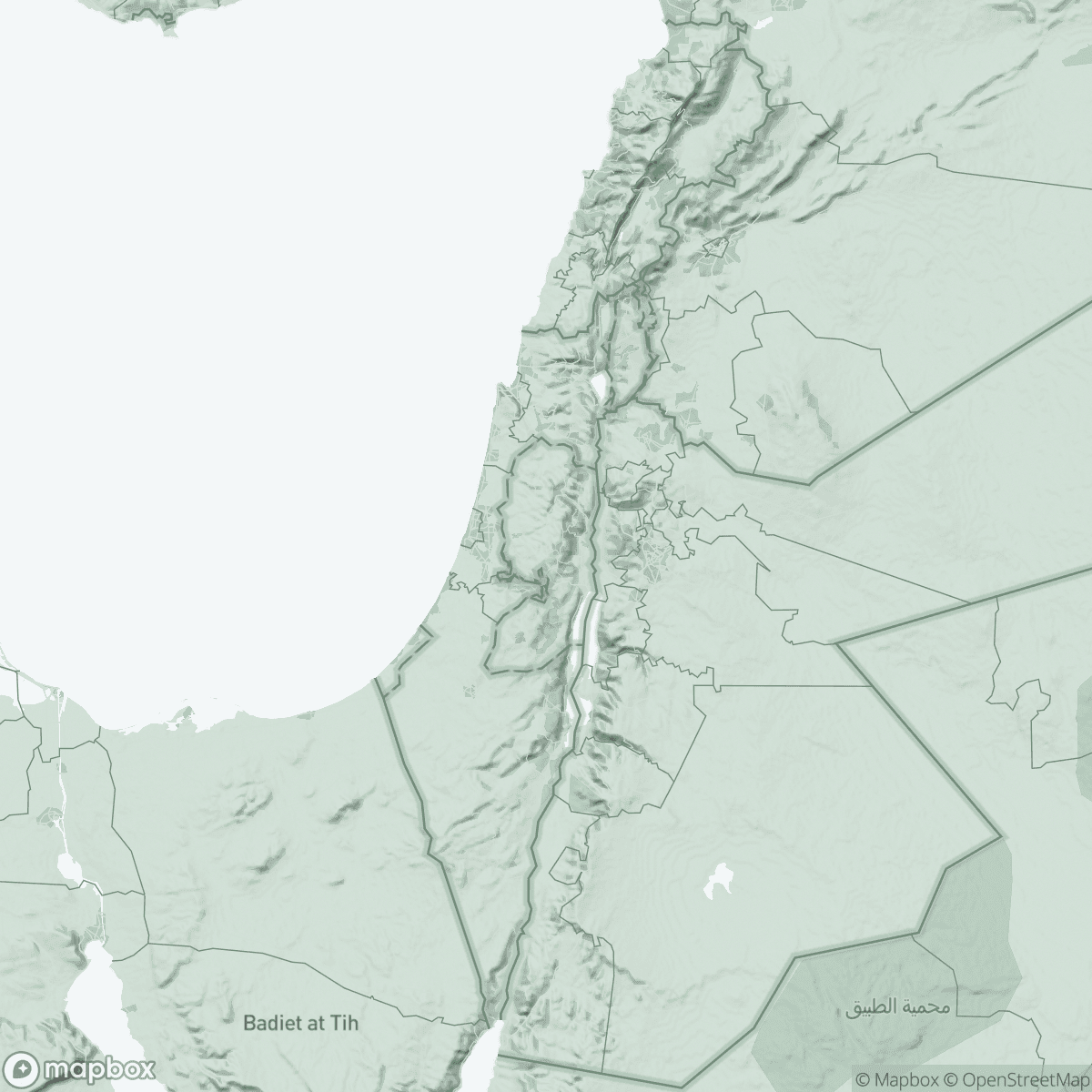Gaza: Acute malnutrition reaches all-time high in two MSF facilities
In 1 click, help us spread this information :
Médecins Sans Frontières (MSF) teams are witnessing a sharp and unprecedented rise in acute malnutrition among people in Gaza. In Al-Mawasi clinic, southern Gaza, and the MSF Gaza Clinic in the north, we are seeing the highest number of malnutrition cases ever recorded by our teams in the Strip.
Plus de 700 femmes enceintes et allaitantes et près de 500 enfants souffrant de malnutrition sévère et modérée sont actuellement pris en charge dans les centres nutritionnels thérapeutiques ambulatoires des deux cliniques. Le nombre de cas à la clinique de Gaza-ville a presque quadruplé en moins de deux mois, passant de 293 cas en mai à 983 cas début juillet. Parmi ces cas, 326 sont des enfants âgés de six à 23 mois.
More than 700 pregnant and breastfeeding women, and nearly 500 children with severe and moderate malnutrition are currently enrolled in ambulatory therapeutic feeding centres in both clinics. Numbers in the Gaza City clinic almost quadrupled in under two months, from 293 cases in May up to 983 cases at the beginning of July. Of this cohort, 326 are children between six and 23 months old.
This is the first time we have witnessed such a severe scale of malnutrition cases in Gaza. The starvation of people in Gaza is intentional, it can end tomorrow if the Israeli authorities allow food in at scale,” says Mohammed Abu Mughaisib, MSF deputy medical coordinator in Gaza.
The existence of malnutrition in Gaza is the result of deliberate, calculated choices by the Israeli authorities: restrict the entry of food to the bare minimum for survival, dictate and militarise the means of its subsequent distribution, all while having destroyed the majority of local food production capacity. As people risk their lives in the immediate term to obtain a handful of inadequate food, this occurs in a situation of wider collapse - sewage contamination as infrastructure remains destroyed, restrictions on fuel limiting the production of clean water, appalling living conditions in overcrowded camps, and 20 months of compromised immunity amidst a devastated health system.
“Due to widespread malnutrition among pregnant women and poor water and sanitation levels, many babies are being born prematurely. Our neonatal intensive care unit is severely overcrowded, with four to five babies sharing a single incubator,” says Joanne Perry, MSF doctor.
This is my third time in Gaza, and I’ve never seen anything like this. Mothers are asking me for food for their children, pregnant women who are six months along often weigh no more than 40 kilogrammes. The situation is beyond critical.”
Before October 2023, Gaza was heavily reliant on the entry of goods and supplies from outside, with an average of 500 trucks entering the Strip every day. Since 2 March, there has barely been that number in total. With border crossings for aid frequently closed or operating under heavy limitations, and with local food production nearly impossible due to ongoing hostilities and destruction, markets are either empty or unaffordable for most.
Inevitably, prices of food have skyrocketed across Gaza, placing even basic staples out of reach for most people. For example, one kilogramme of sugar costs on average $US 76, while a kilogramme of potatoes or flour costs nearly $US 30, according to the World Food Programme. Due to this, many families are surviving on just one portion of food a day - often only rice, lentils, or pasta - with no access to bread, fresh vegetables, or enough protein.
Parents are also deliberately skipping meals to feed their children. Even malnourished women, who do receive therapeutic food, end up giving their own treatment supplements to their children.
“I’m a mother, and I can’t blame them because I would do the same,” says Nour Nijim, MSF nursing team supervisor. “But I feel helpless as a healthcare provider. People are hungry and ask us for therapeutic food, but we don’t have enough and can only prescribe them to people diagnosed with malnutrition.”
Malnourished patients are only the visible tip of a much larger crisis. At MSF clinics, injured patients beg for food instead of medicine, their wounds failing to close due to protein deficiency. Our doctors observe rapid weight loss in recovering patients, prolonged infections and visible fatigue among people.
MSF urgently calls for unrestricted humanitarian access, a sustained flow of food and medical aid into Gaza, and the protection of civilians.



